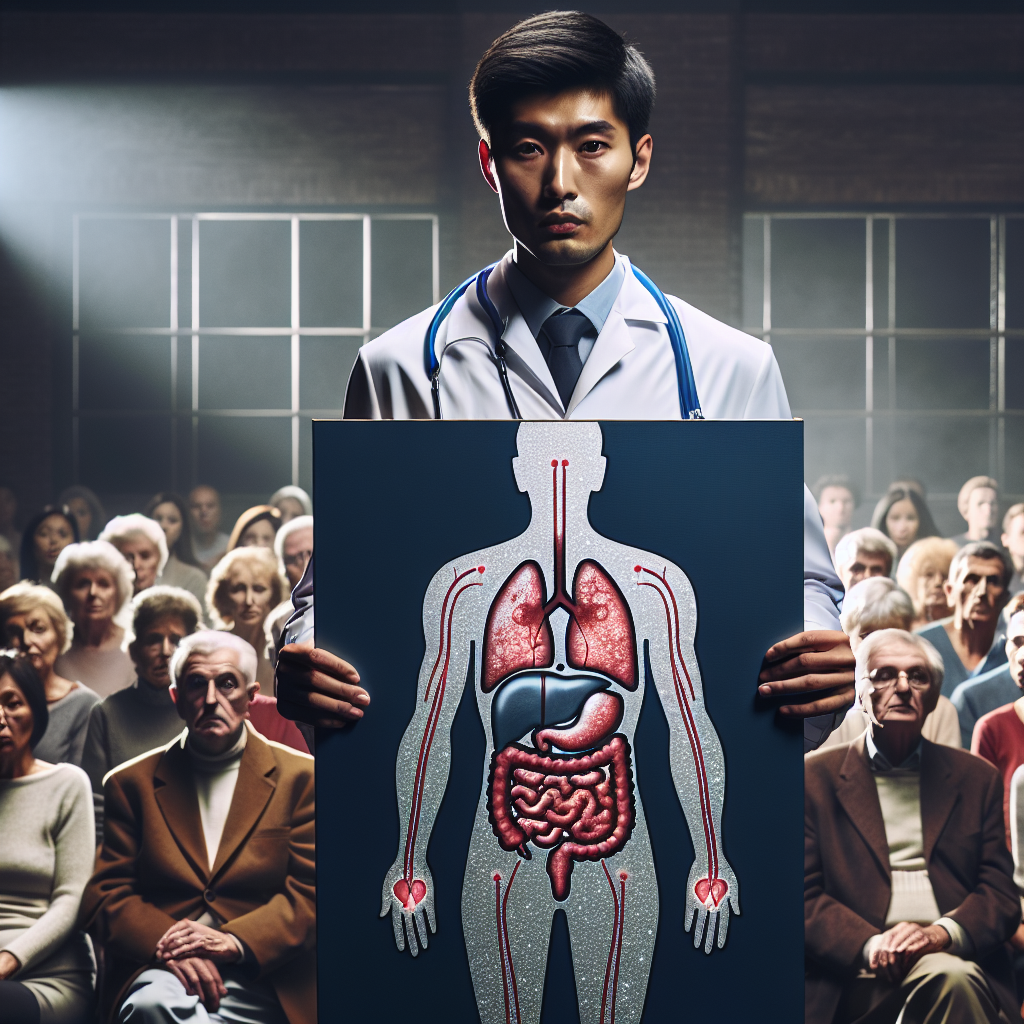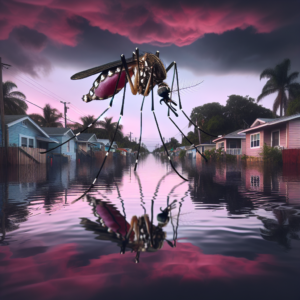
A landmark study has identified a concerning correlation between the consumption of alcoholic beverages and a heightened risk of developing various forms of cancer, notably breast cancer. This revelation seeks to underscore public awareness about the potential hazards associated with drink choices and ignite a vital dialogue on preventive health strategies.
Recent studies are shedding light on a long-standing but under-discussed public health issue: the link between alcohol consumption and cancer. The research suggests that as little as one alcoholic beverage a day can increase the risk of breast and five other types of cancer, a finding that refocuses the conversation on the hidden dangers of everyday drink choices. According to health experts, the metabolism of alcohol allows it to produce acetaldehyde, a toxic chemical and probable human carcinogen, which can damage DNA and prevent cellular repair. This hypothesis is reigniting discussions within medical communities about updating public health recommendations regarding alcohol consumption limits and cancer risk awareness campaigns.
Of particular concern is breast cancer, with studies indicating that even moderate drinking can increase its risk. Women who consume an alcoholic beverage daily have demonstrated higher incidences of breast cancer compared to non-drinkers. The estrogen levels elevated by alcohol contribute to the development of cancerous cells. Given that breast cancer remains one of the most prevalent forms globally, this association stirs an urgent call for re-evaluating lifestyle choices and considering the broader implications on societal health.
Despite these findings, the role of alcohol in cancer risk remains controversial, with cultural and social factors complicating the discourse. Alcoholic beverages have been a staple in social settings, often consumed without immediate recognition of potential health implications. Advocates for reducing alcohol-related cancer risks argue for a paradigm shift focusing on preventative measures and public education. The push is towards clearer labeling and restrictions, akin to those enforced on tobacco products, to better inform the public about the associated risks highlighted in the latest research.
The scientific community is increasingly advocating for more research into alcohol use and cancer links, as there remains much to learn about the variants involved and potential genetic predispositions. Nonetheless, the current findings serve as a critical reminder of the potential dangers lurking in not-so-obvious places within our everyday routines.
As society grapples with the sobering implications of these findings, the importance of awareness and informed choices regarding alcohol consumption cannot be overstated. Addressing these risks through education and revised public health policies could prove crucial in curbing not only breast cancer but a range of alcohol-related health issues. The path forward involves balancing social habits with health imperatives, fostering informed communities that prioritize both enjoyment and well-being.
For further reading:
- https://www.13newsnow.com/article/news/health/new-study-shows-links-between-excessive-drinking-and-six-different-cancers-including-breast-cancer/291-391a5d0c-dfd8-4bff-9516-2f96d8287dcc
- https://www.inverse.com/health/one-of-the-most-common-causes-of-cancer-is-staring-us-right-in-the-face
- https://www.centraloregondaily.com/news/regional/alcohol-breast-cancer-risk/article_14db67bc-8c1e-11ef-bfef-cba38ce9a58b.html
- https://www.psychologytoday.com/za/blog/evidence-based-living/202410/does-drinking-alcohol-increase-your-cancer-risk






